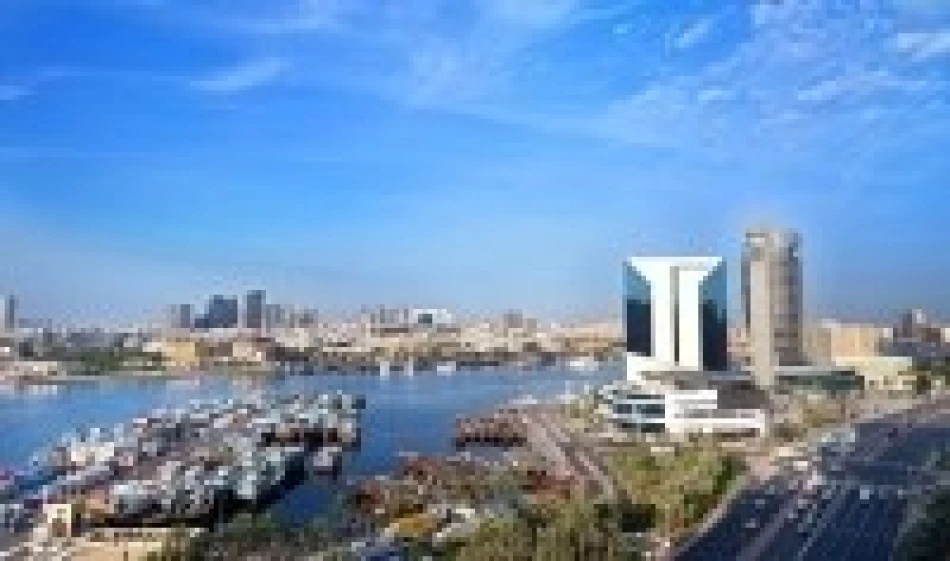
Dubai Unveils Pioneering Guide for Family Business Advisors
**Dubai Launches First-Ever Family Business Advisory Registry as Gulf States Race to Capture Generational Wealth**
Dubai has unveiled its first comprehensive directory of family business advisors, marking a strategic push to position itself as the premier hub for managing the Gulf's vast generational wealth. The Dubai Centre for Family Business, operating under Dubai Chambers, launched the registry featuring 56 specialized consultants, signaling the emirate's recognition that family enterprises—which dominate regional economies—require sophisticated advisory infrastructure to navigate succession planning and modernization challenges.
Strategic Infrastructure for a Family-Dominated Economy
The timing of this initiative reflects Dubai's broader economic diversification strategy. Family businesses account for an estimated 80-90% of companies across the Middle East, controlling trillions in assets from oil revenues, real estate empires, and trading conglomerates built over decades. As these enterprises face generational transitions, Dubai is positioning itself as the go-to destination for the complex advisory services these transfers require.
The registry divides advisors into two categories: seasoned practitioners with extensive family business experience, and certified professionals holding credentials in family business consulting and family wealth advisory—certifications offered through the center's partnership with the Family Firm Institute (FFI).
Racing Against Regional Competition
Dubai's move comes as Gulf states intensify competition for high-net-worth individuals and their businesses. The UAE has already eliminated personal income taxes and introduced golden visa programs, while Saudi Arabia's Vision 2030 includes ambitious plans to attract family offices to Riyadh. Singapore, long the preferred Asian hub for family wealth, offers a template Dubai appears to be following—creating specialized infrastructure before the wealth fully arrives.
Learning from Global Models
This approach mirrors successful strategies in established wealth management centers. Switzerland built its reputation through specialized banking services, while Singapore created dedicated family office incentives that attracted over 700 such entities by 2023. Dubai's registry represents a more targeted approach—focusing specifically on the operational and governance challenges that plague family businesses during transitions.
Market Implications and Investor Perspective
For international advisory firms and consultants, Dubai's formalization of this sector creates both opportunities and competitive pressure. The registry essentially creates a vetted marketplace, potentially raising service standards while making it easier for family businesses to find appropriate expertise. This could accelerate deal flow and succession planning activities across the region.
The initiative also signals to global investors that Dubai recognizes the sophistication required to manage generational wealth transfers. Family businesses often struggle with professionalizing management, resolving ownership disputes, and adapting to modern governance standards—issues that can significantly impact valuations and investment attractiveness.
Beyond Advisory: Building an Ecosystem
The registry's detailed profiles—including professional backgrounds, certifications, specialization areas, and direct contact channels—suggest Dubai is building more than a simple directory. It's creating a curated ecosystem where family businesses can access expertise across legal, financial, governance, and operational domains without the traditional challenges of finding qualified advisors in emerging markets.
This infrastructure development aligns with Dubai's broader strategy of becoming a global business hub by solving specific pain points for its target market. Just as the Dubai International Financial Centre addressed regulatory concerns for international firms, this family business focus addresses the unique challenges of wealth preservation and business continuity that define the region's economic landscape.
Most Viewed News

 Layla Al Mansoori
Layla Al Mansoori






